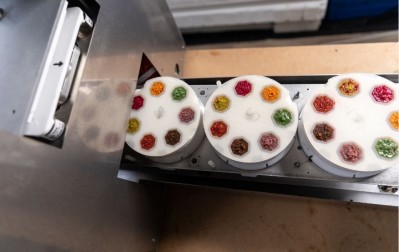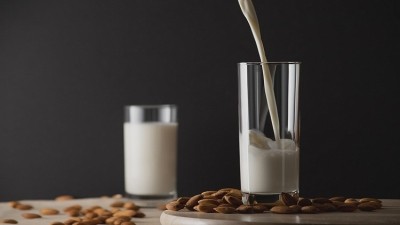Micronutrient changes in processed foods a factor in kidney and gut complications, suggests expert

That was the suggestion from a nutrition and dietetics expert in response to a new study pointing to advance glycation endproducts (AGEs) formed as contributing to microvascular and gut complications.
“The authors suggest the effects could be attributed to the presence of AGEs in the heated diet derived from reactions with carbohydrates in the diet,” says Tom Sanders, Professor Emeritus of Nutrition and Dietetics at King’s College London.
“However, the heat treatment would also cause oxidation of polyunsaturated fatty acids and sterols to potentially toxic compounds as well as changes amino acids and micronutrients. The dietary design of the study is thus flawed.”
The study in question investigates the intake of processed foods that coincides with increased microvascular diseases such as chronic kidney disease (CKD) and diabetes.
Using rodent models, the Australian-based team points to the AGEs formed as playing a central role in kidney inflammation and injury with a high fibre diet decreasing injury severity and maintaining gut barrier integrity.
Rat chow
However, Professor Sanders questioned its relevance to human nutrition pointing out the use of one food (rat chow) could not be used to conclude that all “ultra-processed” foods might be the cause of chronic kidney disease.
The use of rat chow was the issue of discussion for another academic, Dr Duane Mellor, Dietitian and Senior Teaching Fellow at Aston Medical School, Aston University.
“In both the heat treated (processed) and non-heat treated chow in this study, they used a chow called SF-AIN93G which is 40% wheat starch, 20% casein (extracted from milk), 13% dextrinised starch (processed or part digested starch), 10% sucrose (table sugar) and 7% canola oil, which might easily be considered to be quite highly processed.
“So, although useful in triggering kidney disease in rats, it can be hardly seen as being representative of a normal healthy and varied diet.”
AGEs are generated from mixtures of amino acids and reducing sugars that during thermal processing, which commonly occurs during food production and processing.
Because this reaction induces chemical changes within foods that improves flavour and aroma, the food industry has been accused of enhancing or supplementing AGE production to increase sensory properties and palatability.
However, the consumption of processed foods containing these AGEs may underlie chronic disease risk.
Additionally, the extent to which long-term intake of processed food impacts intestinal permeability and influences the outcome of microvascular disorders such as CKD is unclear.
AGEs available as substrates
Most of the diet-derived AGEs escape digestion and absorption and pass through the gastrointestinal tract to the colon. In the study, which features in Science Advances, they are available as substrates for gut microbial metabolism.
“Perhaps the most important message from this study is that resistant starch and fibre can help to reverse the risk caused by the heat-treated rat food,” adds Dr Mellor.
“This perhaps represents how we eat as people, including minimally processed foods, such as vegetables, pulses, nuts, seeds and wholegrains as part of meals alongside smaller and less frequent amounts of processed foods is a way to minimise any potential negative effects.
“So, although this study helps to show how heat treated or processed foods may lead to ill health, it also helps to demonstrate the value of including sources of fibre such as vegetables, pulses, nuts, seeds and grains as encouraged as part of a healthy diet.”















